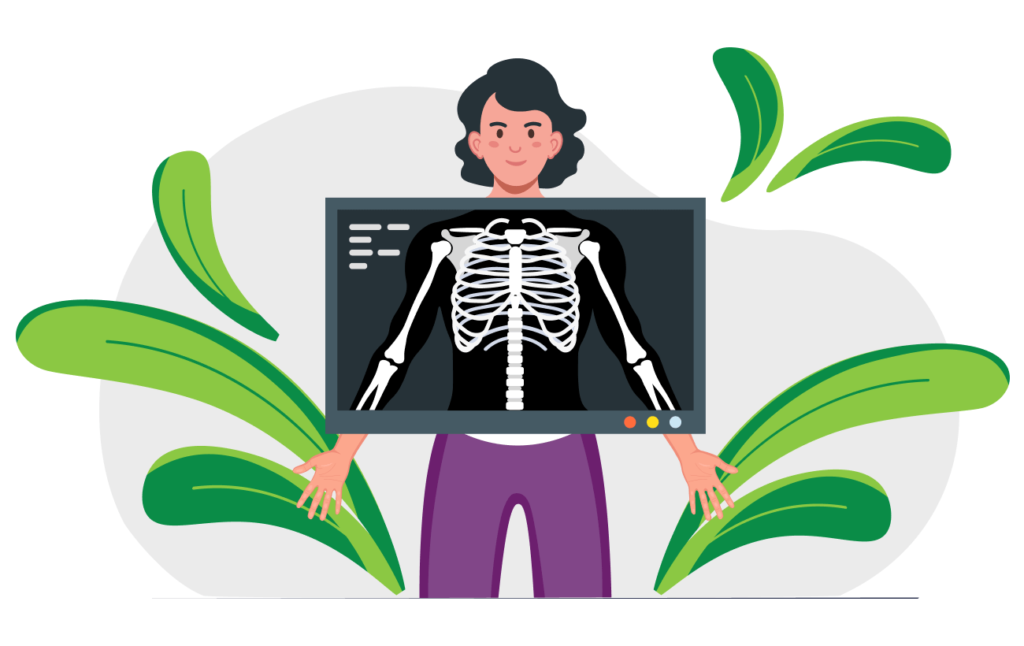Women’s guide to good health at every age

May is Women’s Health Month, which serves as an important reminder for women to make your health a priority.
So how can you focus on your health? Start by adopting healthy eating habits, exercising regularly, and taking the steps to manage stress. But don’t forget, staying on track with preventive care screenings is also key to maintaining your health.
Here are the screenings you should discuss with your doctor at your next appointment:
Women ages 21 to 44
Women in this age range should get their annual well-woman exam consisting of a:
- Breast exam
- Pelvic exam
- Sexually transmitted infection screening (if sexually active)
A well-woman exam will also include a cervical cancer screening (Pap smear) every three years for women ages 21 to 29 or a Pap and HPV test every five years for women age 30 and over.
Women of all ages should also visit a dentist every six months for a cleaning and an exam.
Women ages 45 to 74
Women in this age range should get their annual well-woman exam consisting of the screenings above and the following:
- Cholesterol screening
- A colonoscopy every 10 years to screen for colorectal cancer. When it comes to colorectal cancer screening, there are many options. Talk with your provider to see which test is right for you.
- A mammogram every one to two years for women ages 50 to 75 to screen for breast cancer
- Osteoporosis screening starting at age 65
Women age 75+
As you get older, you should continue to see your primary care doctor for your annual physical exam. They will also recommend any screenings for cancer or osteoporosis that you should receive.
Why get these screenings?
It is important to continue to get your recommended preventive screenings. Why? Because they are just that – preventive – and are meant to detect any issues beforehand when treatment is more likely to be successful.

Be prepared
Download the preventive care checklist for easy reference when speaking with your health care provider.
No matter your age, now is the time to invest in yourself so you can live your healthiest life.
Disclaimer:
No matter your gender identity, preventive care is recommended in the presence of associated body parts, for example breasts or cervix.
 The Daily Dose
The Daily Dose
Comments are closed.